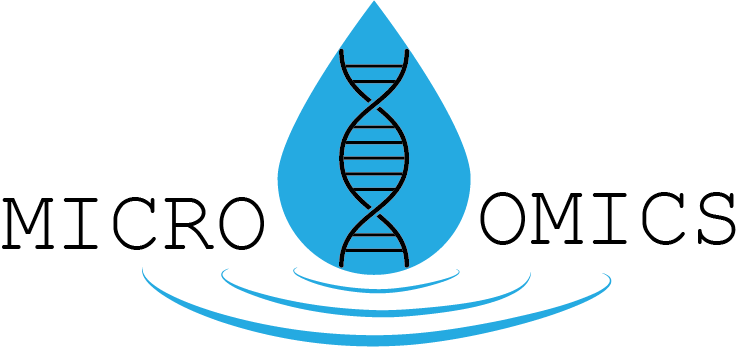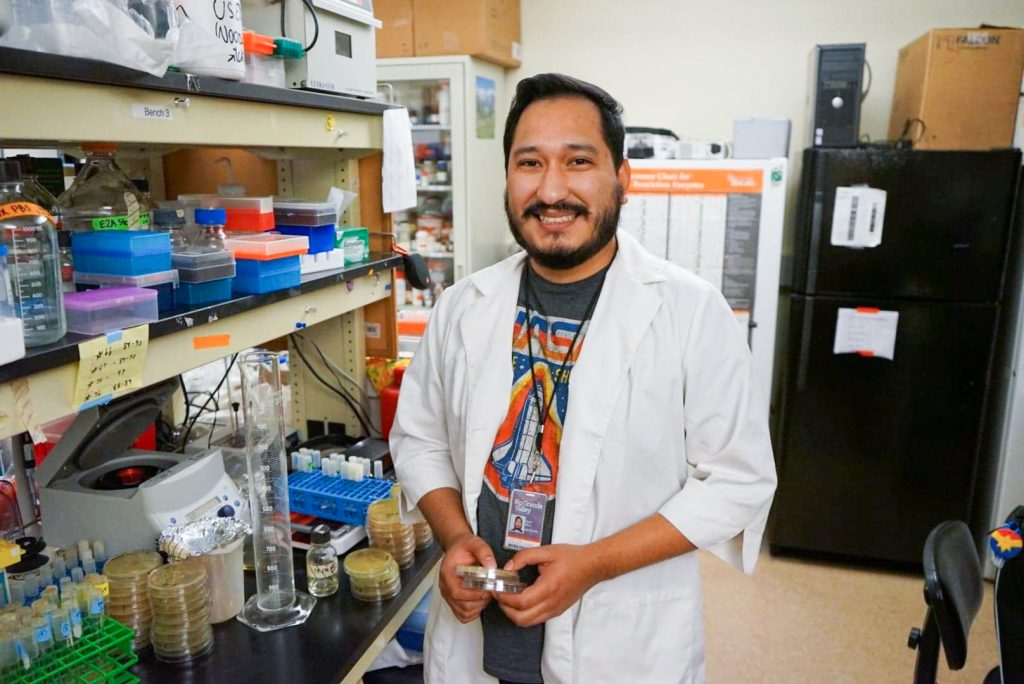
David Silva
Currently a resident of the (956) South Texas area code, I was born and raised in the “Valley”, Brownsville Texas, just 15 minutes from the Gulf of Mexico. Here, I obtained a Bachelor’s of Science in Biology from the University of Texas at Brownsville (UTB) now known as UT Rio Grande Valley (UTRGV). My undergraduate experiences working with the marine microorganism Vibrio cholerae, under Dr. Daniele Provenzano, prepared and motivated me to pursue a master’s degree in Microbiology from Texas A&M University at College Station. My research repertoire includes many molecular biology techniques applied to microorganisms from pathogenic eukaryotes/prokaryotes to phages. I took a break from research after completing my master’s degree and became a secondary education teacher, focusing on chemistry, physics and biology for three years. Having said this, my love of gulf and marine microbiology research to Texas A&M University-Corpus Christi where I am pursuing a Ph.D. with the fascinating project studying Vibrio parahaemolyticus.
Education:
B.S. Biology, University of Texas Rio Grande Valley
M.S. Microbiology, Texas A&M University
Ph.D. Marine Biology, Texas A&M University-Corpus Christi
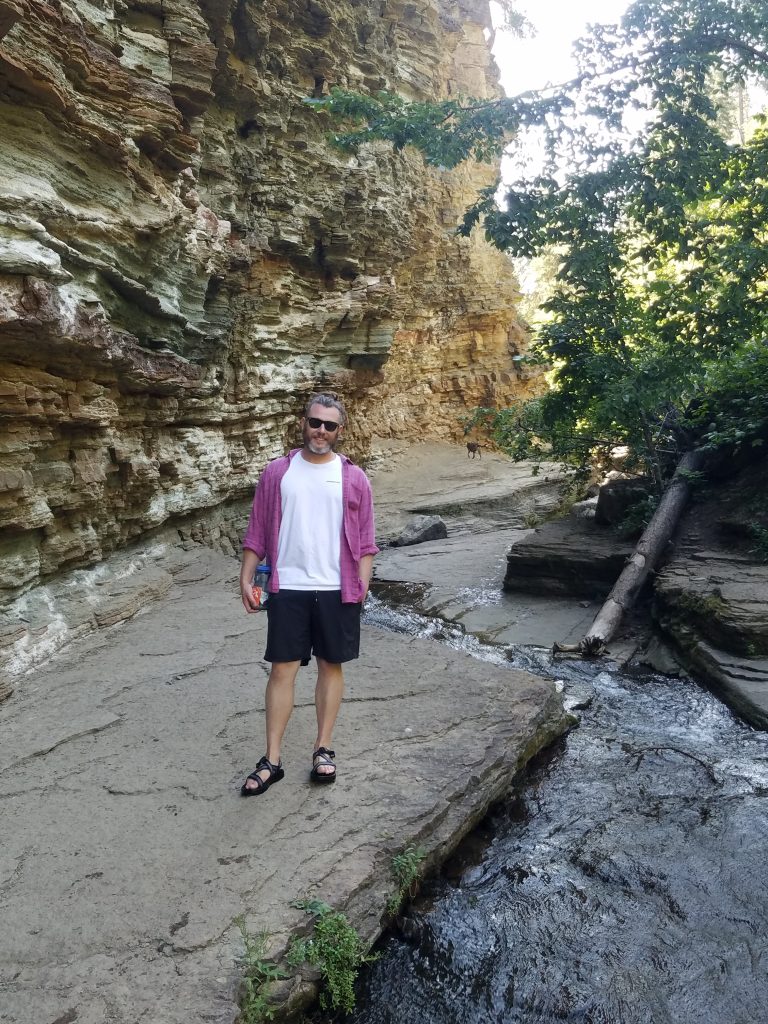
Dr. Paxton Bachand
Born and raised in the Black Hills of South Dakota, I developed a great appreciation for the outdoors. The pine and spruce mountain forests of the region offered many opportunities to develop the love of the natural world and the want to conserve it. Having a family that appreciated this as well, I was lucky to have plenty of opportunities in nature, one of which was learning to scuba dive at an early age (it was cold). What started as a hobby generated enough interest for me to relocate to Texas A&M – Galveston (TAMUG) to seek both my B.S. degrees in Marine Biology and Marine Fisheries (with a minor in Diving, of course), dedicating much of my time throughout to educational outreach and any research I could involve myself in. After spending time in a variety of labs gaining a wide range of experience, I was fortunate to have the opportunity to work in TAMUG’s Seafood Safety Laboratory analyzing oysters for Vibrio vulnificus and Vibrio parahaemolyticus and monitoring the water quality of Galveston’s oyster reefs and waters using fecal indicator bacteria. This led to a greater fascination and realization of the influence of microbes on human health and our ecosystems, spurring me to seek out the Micro-omics lab under Dr. Turner. Bringing all my interests together, I sought a Ph.D. in Marine Biology with my research focused on brown tide harmful algal blooms and characterizing their microbial communities in hopes of finding potential biological controls. While fulfilling my research interests, this has also allowed me to participate in outreach once again, creating a citizen science group from Riviera High School, and to work with and attempt to solve these problems with my coastal neighbors and government agencies.
Education:
Ph.D., Texas A&M University-Corpus Christi, 2023. Dissertation adviser: Jeffrey W. Turner. Dissertation title: Microbial dynamics of a hypersaline creek: community response to disturbance and connectivity to wildlife.
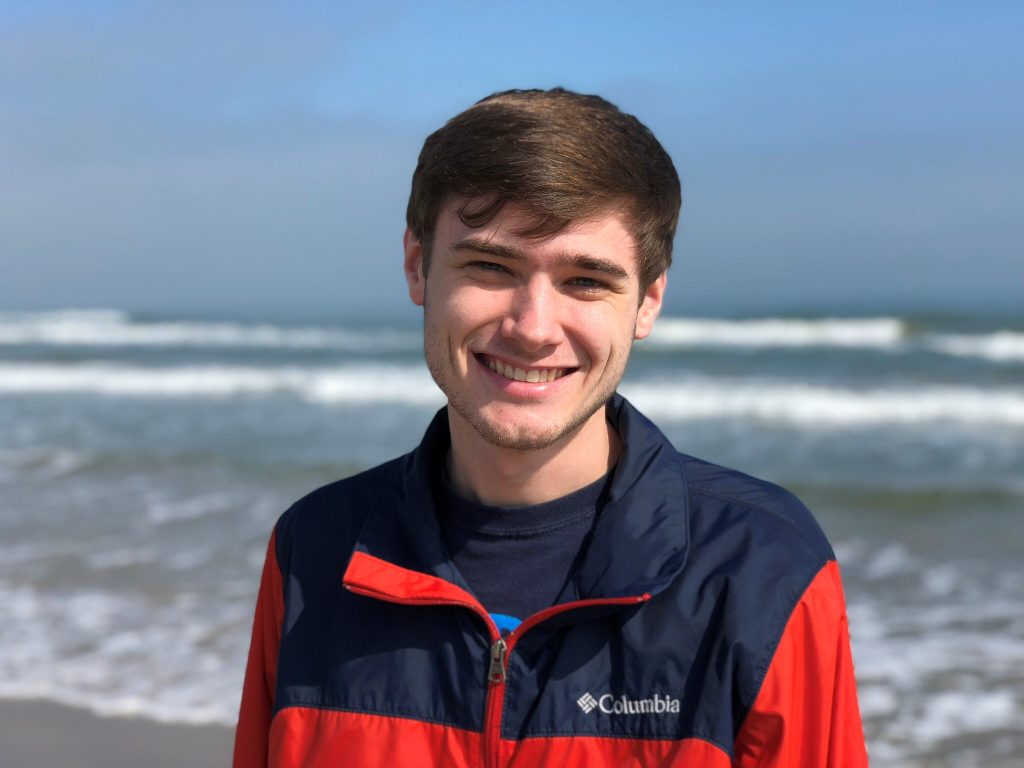
Colin O’Donnell
I knew from an early age that I’d be destined for a career in a marine environment. I grew up not far from the shores of Lake Erie and vacationed with my family at beaches all along the Atlantic Ocean. In middle school, my family relocated to Dallas and I began researching Texas colleges where I could further my interest. That led me to Texas A&M University Corpus Christi, where I’m starting my junior year majoring in Biology with a Marine Biology focus. Shortly after arriving at the Island campus, I got involved with the Islander Stream Team organization, which provided me with the opportunity to take water samples and analyze fecal bacteria counts from Oso Bay and Corpus Christi Bay. This was my first experience with the unseen microbial world and it sparked my interest in getting involved in research surrounding these organisms. To further this interest, I reached out to Dr. Jeffrey Turner about an undergraduate research position. From this, I’ve gained valuable experience working with Nicole Elledge on her bacterial source tracking project and, more recently, investigating the antibacterial properties of amino acid-based surfactants prepared by Dr. Billiot. After earning my undergraduate degree, I planned on obtaining a Master’s degree and then a Ph.D in the Marine Sciences so that I can add to the world’s knowledge base on marine microorganisms.
Education:
M.S. Marine Biology, Texas A&M University-Corpus Christi, 2023. Thesis adviser: Jeffrey W. Turner. Thesis title: Microbial diversity of beached nurdles in the Northwest Gulf of Mexico.
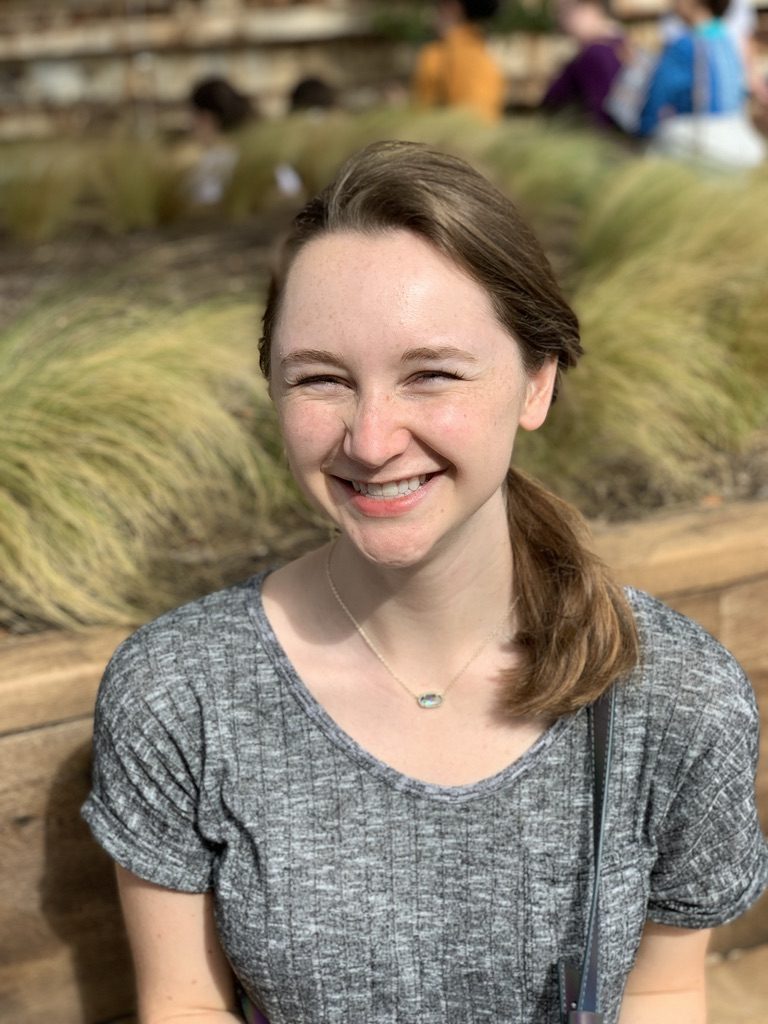
Hailey Wallgren
Despite growing up in landlocked Brandon, South Dakota, I have always been fascinated with marine life, particularly sharks. I completed my bachelor’s degree in biology with a marine concentration here at Texas A&M University- Corpus Christi, but my interests took a sharp left turn just after my junior year when I had the opportunity to do a summer internship in Dr. Turner’s lab through the TAMUCC Honors Program. I was able to design a project searching for Toxoplasma gondii in Corpus Christi Bay as well as participate in Nicole Elledge’s water quality and bacterial source tracking project. Throughout the last year of my bachelor’s degree, I was also able to work as a lab technician on projects concerning Vibrio parahaemolyticus and antimicrobial resistance in enterococci. I completed a master’s degree in marine biology here at TAMUCC. My research involved virulence depression in Vibrio parahaemolyticus isolates from the Pacific Northwest.
Education:
M.S. Marine Biology, Texas A&M University-Corpus Christi, 2021. Thesis adviser: Jeffrey W. Turner. Thesis title: Prevalence and distribution of a novel prophage in pandemic Vibrio parahaemolyticus.
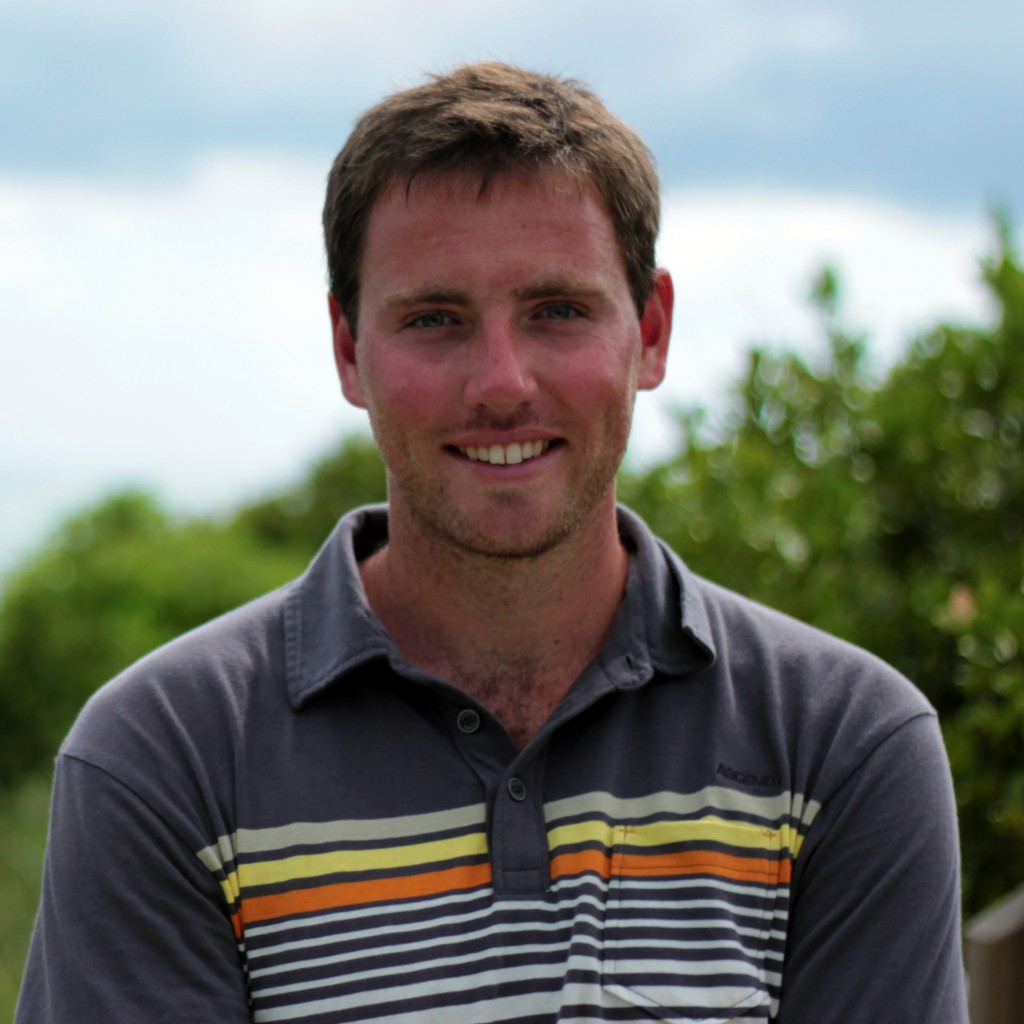
Dr. Lee Pinnell
Born and raised in Orillia, Ontario, I grew up hundreds of miles (imperial units!) from the ocean, but through frequent trips to the coast I became fascinated with it. Despite this, I attended the even further inland University of Waterloo. Over my four years I was lucky enough to perform research on Ontario’s Great Lakes and take a marine biology field course in the Bahamas. It was there I met my future MSc. supervisor and subsequently became interested in microbes. I stayed in Waterloo for my MSc., where I focused on microbial cellulose genes in Arctic tundra soils. During these two years I gained a true appreciation for the remarkable significance of the microbial world. After my time in Waterloo I started work as a technician at SickKids hospital in Toronto where I spent two years researching the gut microbiota . Though I thoroughly enjoyed these experiences, I decided that if I was going to make research a lifelong pursuit, I needed to fuse my interest in the ocean with my scientific endeavors. A PhD. in the Marine Biology program at TAMUCC is the result of that fusion. Briefly, my research involved incubating PET plastic pellets in the Laguna Madre and using metagenomics to characterize the microbial community that colonizes and potentially biodegrades these pellets.
Education:
M.S., University of Waterloo, Department of Biology, 2011. Thesis adviser: Josh D. Neufeld. Thesis title: Targeted enrichment of cellulase genes using stable-isotope probing and metagenomics.
Ph.D., Texas A&M University-Corpus Christi, 2019. Dissertation adviser: Jeffrey W. Turner. Dissertation title: Characterizing the microbial response to plastic and bioplastic debris in the marine environment
